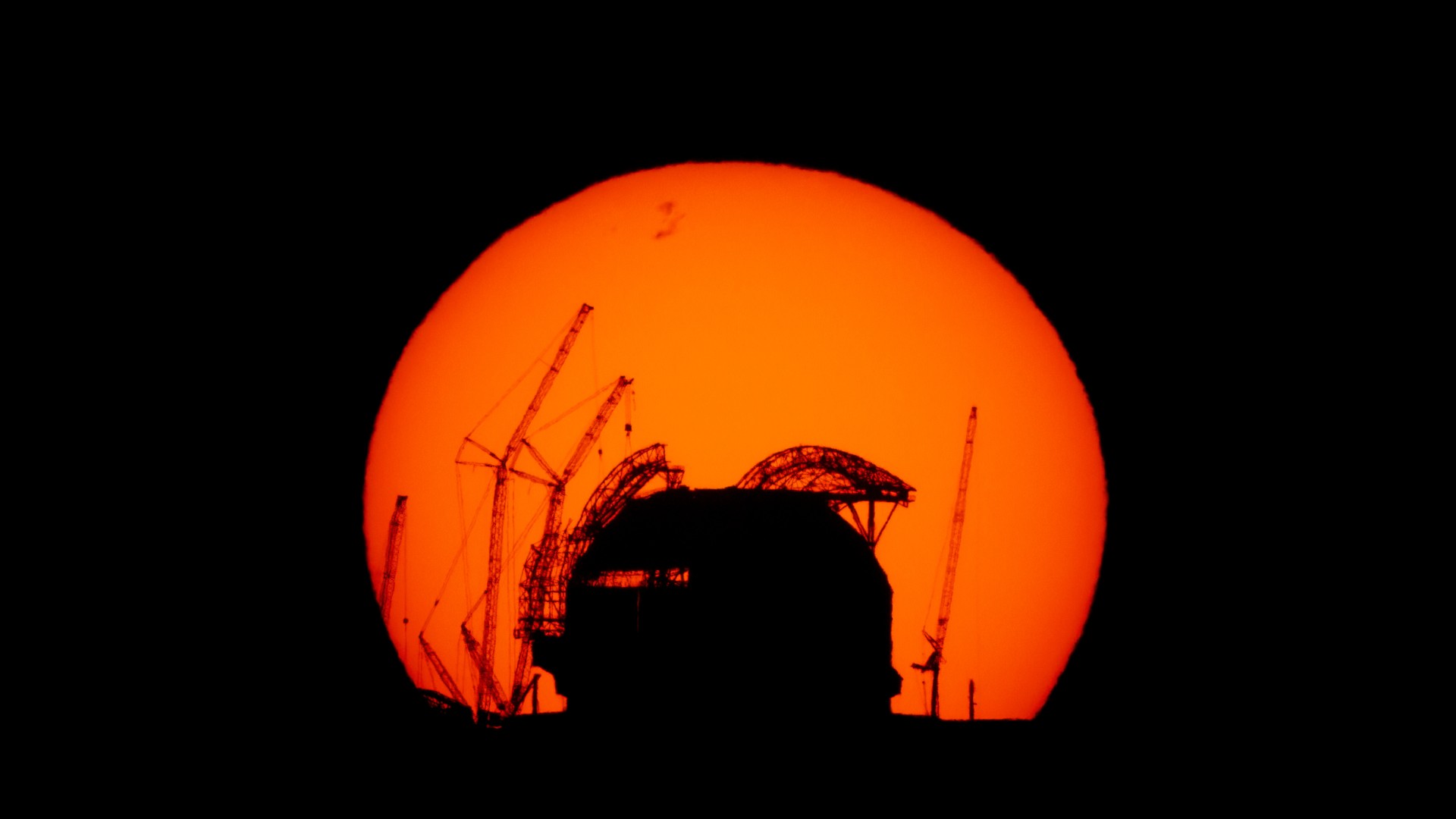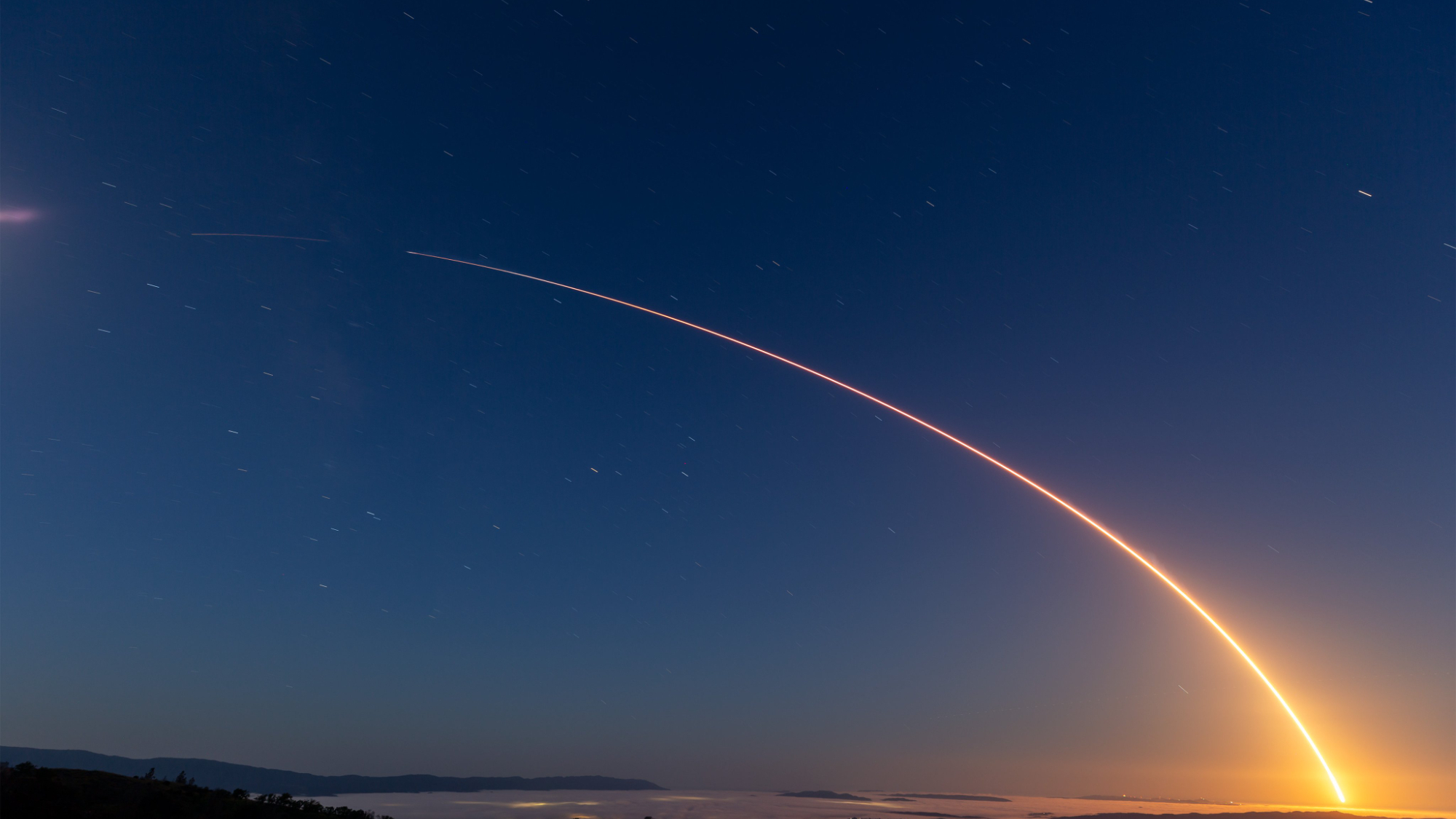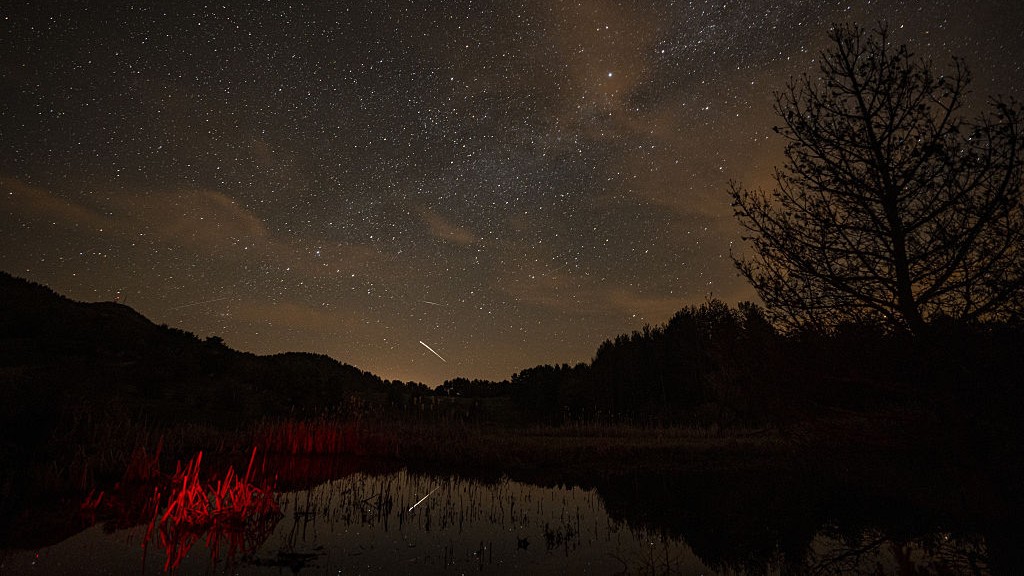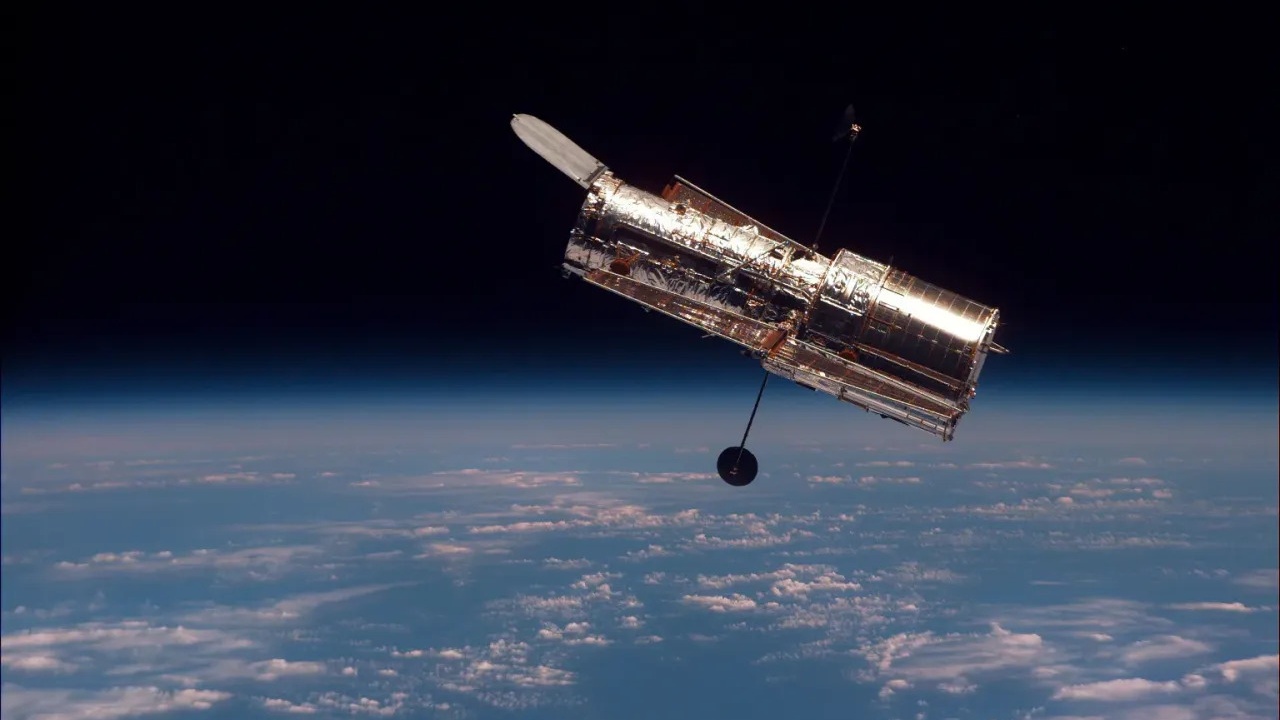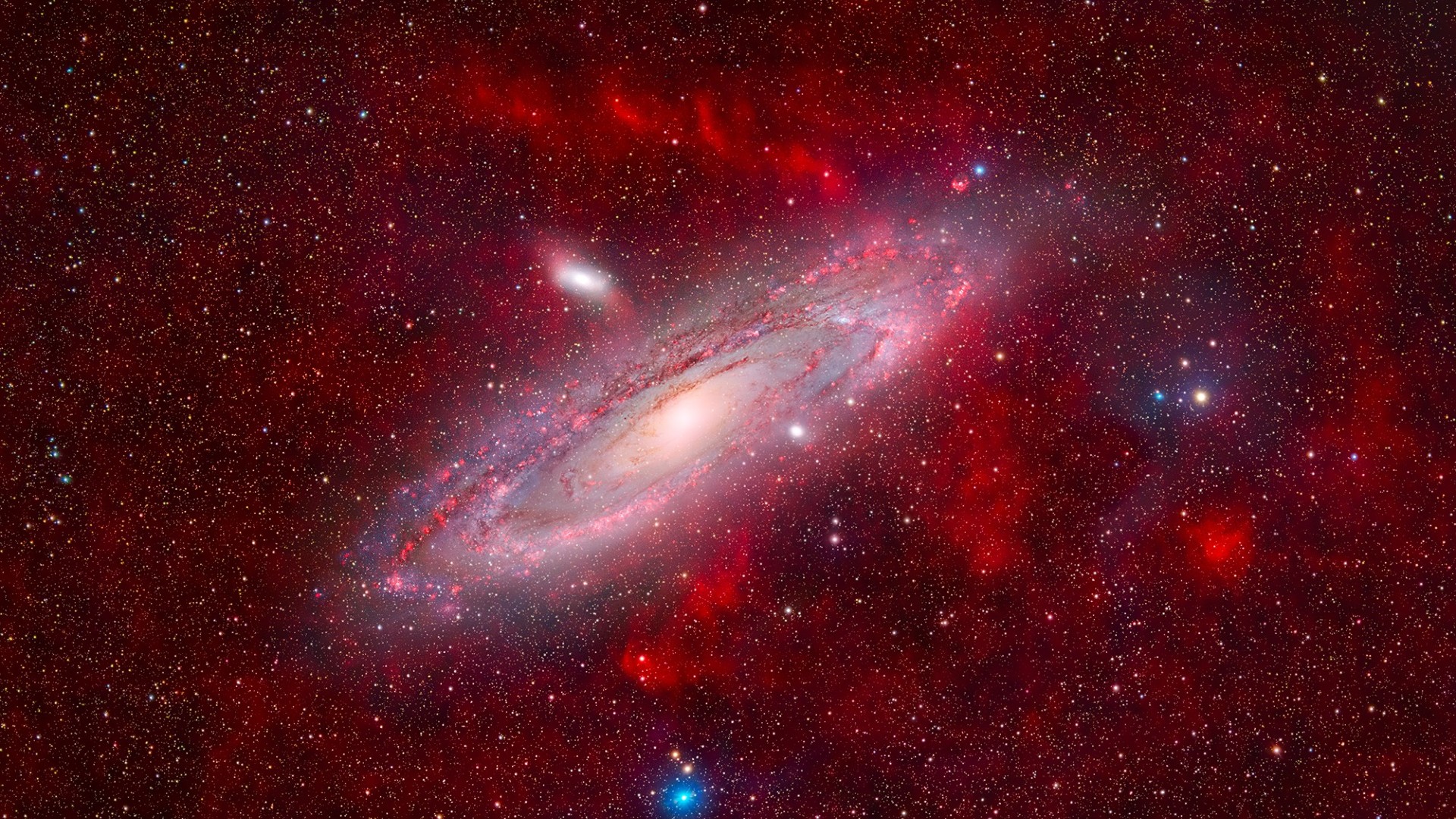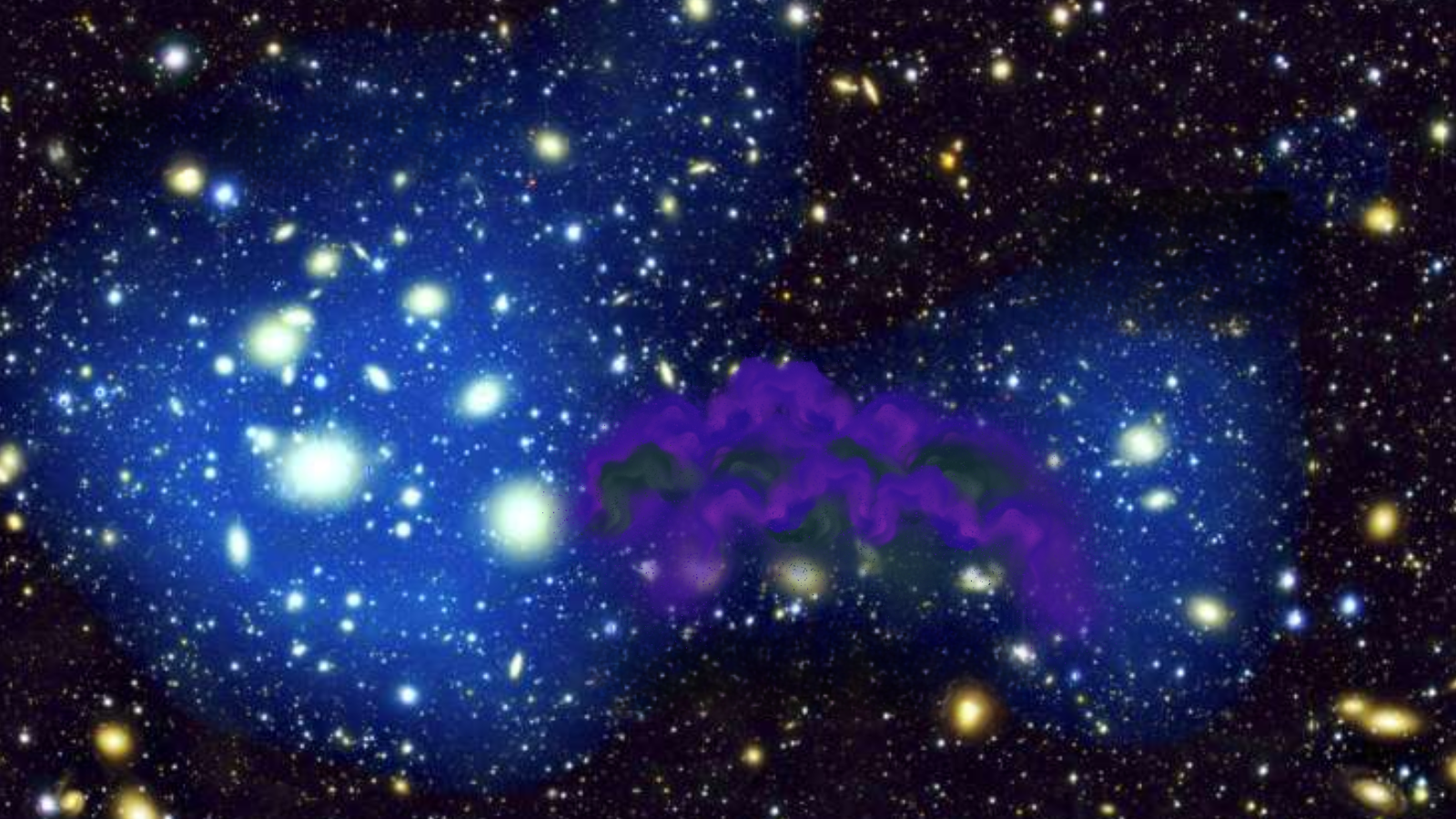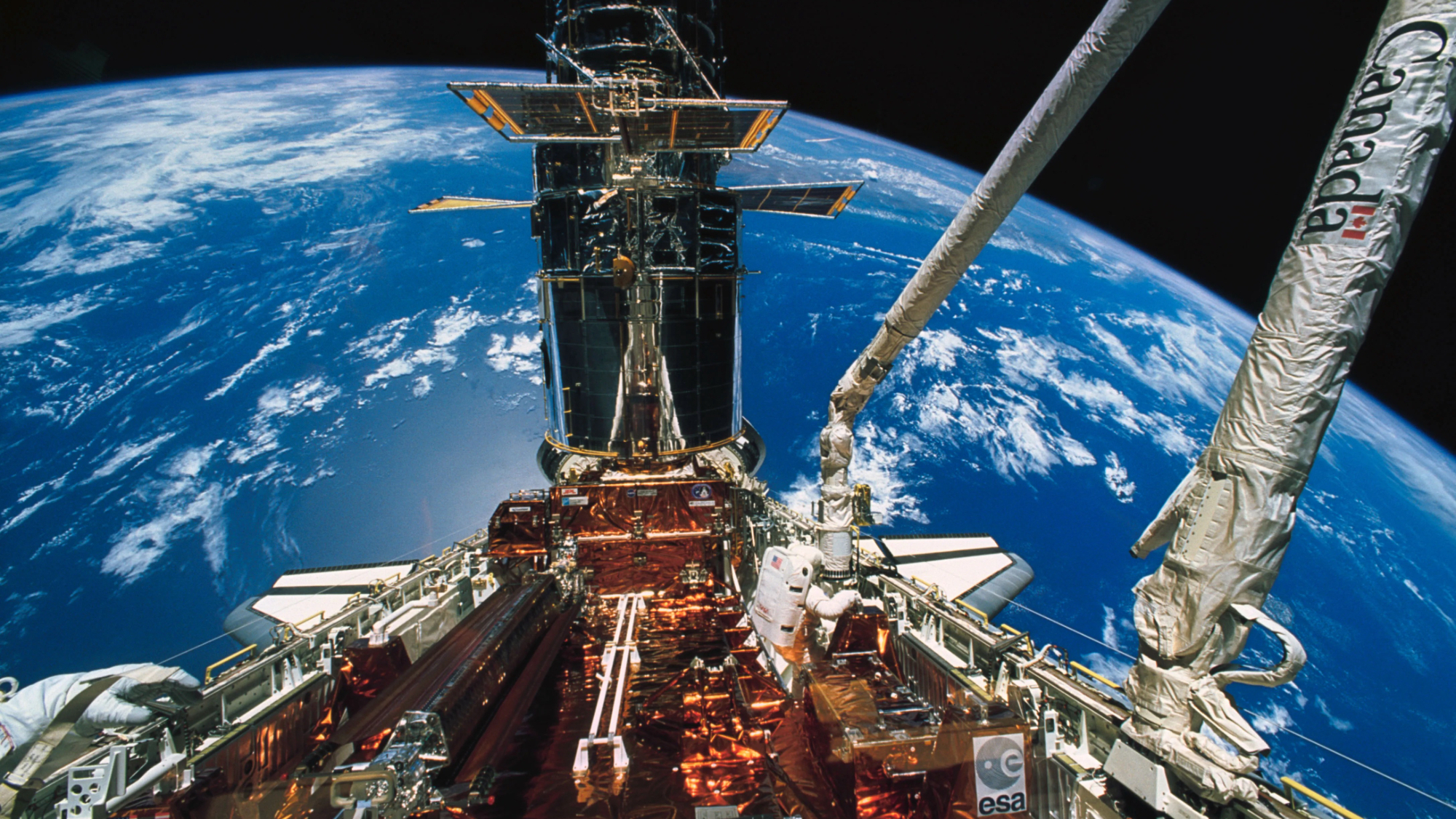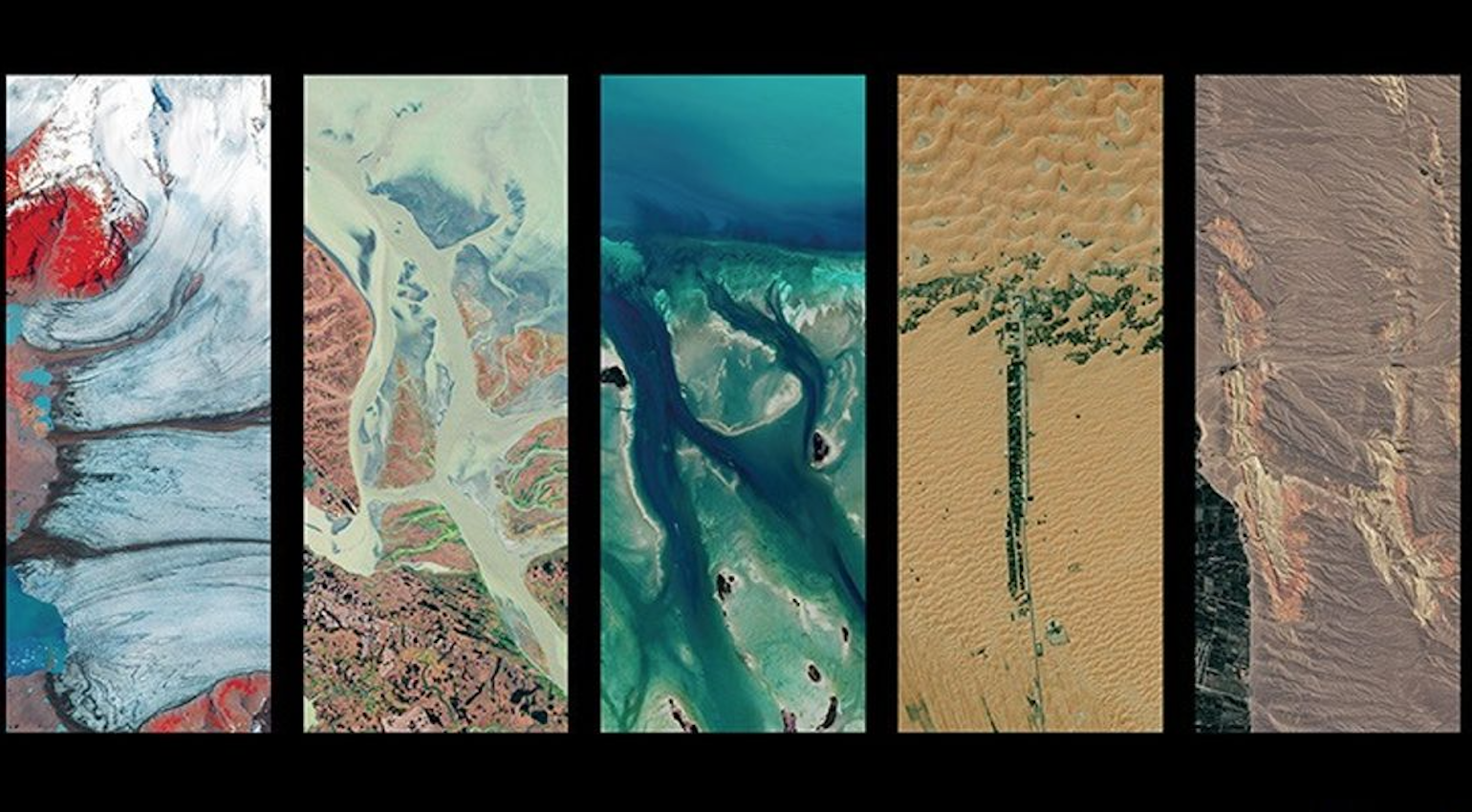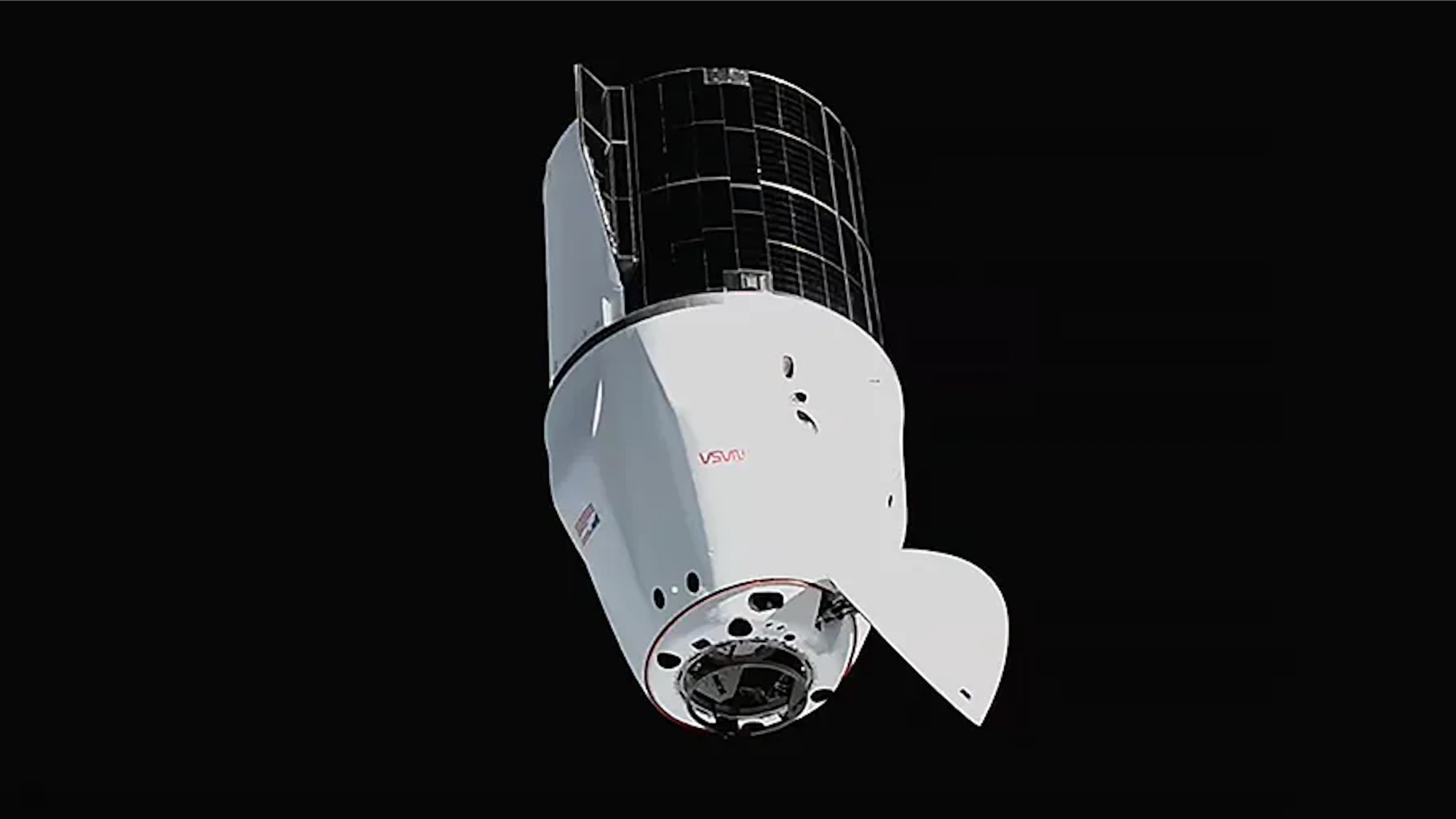Politics of Climate Change On Display at Congressional Hearing
WASHINGTON -- A former NASA politicalappointee accused of trying to muzzlethe U.S. space agency's top climatologist said at a March 19 hearing of theHouse Oversight and Government Reform Committee that he never censored anybody.
George Deutsch,an unpaid intern on U.S. President GeorgeW. Bush's 2004 re-election campaign who went to work for NASA publicaffairs the following year at age 23, was thrust into the media spotlight inearly 2006 when the New York Times reported he took part in an effort tokeep James Hansen, the director of the Goddard Institute for Space Studies(GISS), from speaking freely about global warming toreporters.
Deutsch nolonger works for NASA and the U.S.space agency has been praised, including by Hansen, for the revised publicaffairs policy it issued in the wake of the controversy affirming the rightof its scientists to speak to news media about their research.
Interference?
Rep. HenryWaxman (D-Calif.), the committee's chairman, said hewas holding the hearing to investigate allegations that the Bush administrationhas interfered with the work of government climate scientists in an effort to misleadthe public about the causes and consequencesof global warming.
Most of thehearing was devoted to charges that the former chief of staff for the WhiteHouse Council on Environmental Quality, Philip Cooney, sought to water down thegovernment's strategic plan for climatechange by replacing crisp statements from scientists with equivocatinglanguage that Waxman said was intended to "inject doubt in the place ofcertainty."
Cooney, anattorney who spent 15 years at the American Petroleum Institute beforeaccepting the White House job, said the 180 edits catalogued by Waxman's staff were"suggestions," not "hard edits," made in the course of a routine interagencyprocess. He said many of his suggestions did not make it into the final draft.
Get the Space.com Newsletter
Breaking space news, the latest updates on rocket launches, skywatching events and more!
When thehearing occasionally turned to the question of political interference at NASA,neither Hansen nor Deutsch dropped any bombshells and lawmakers were unable tocoax many new details from the witnesses.
"I nevercensored Dr. Hansen, and I do not believe others at NASA did either," Deutschsaid. Hansen, in his written testimony, suggested that a deeper inquiry isnecessary if lawmakers want to find out what really happened at NASA in late2005.
"Mysuggestion for getting at the truth is to question the relevant participantsunder oath, including the then NASA Associate Administrator for Earth Sciences,who surely is aware of who in the White House was receiving and reviewing pressreleases that related to climate change," Hansen wrote.
WhileDemocrats reserved their fire for Cooney, whom they painted as a shill for theoil industry, several Republicans on the committee, led by Rep. Darrell Issa (Calif.)accused Hansen of politicizing global warming, and scoffed at the idea thatHansen had been muzzled by anyone. Noting the abundance of interviews Hansenhas done in the past year, Issa said, "you're one ofthe most googleable people on the face of the Earth,so the message is getting out."
PublicAffairs
Hansentestified that NASA public affairs first attempted to place new restrictions onhis public statements and dealings with the media following a widely coveredtalk he gave at a scientific conference in December 2005 warning of a "grim[environmental] scenario" unless growth in greenhousegas emissions was halted by 2025. Shortly after the conference, Hansen wenton ABC's "Good Morning America" to discuss a new global temperature study byGISS showing 2005had been the warmest year on record.
"NASAheadquarters public affairs was furious about themedia attention, their anger being sparked by a call from the White Houseobjecting to the publicity on global warming," Hansen testified. "The upshotwas a new explicit set of constraints on me, including a requirement that anymedia interviews be approved beforehand and that headquarters have the 'rightof first refusal' on all interviews, that I provide my calendar of all plannedtalks and meetings, and that I obtain prior approval for every posting on theGISS Web site."
Deutschsaid Hansen was known for disagreeing with NASA public affairs practices, apoint that "created a level of frustration among my higher-ups at NASA, whowanted to know about interviews before they happened, instead of afterwards."
Deutschsaid his superiors "expressed their frustration to me and, collectively, weexpressed our frustration to Dr. Hansen's personal press representative, LeslieNolan-McCarthy."
Deutsch didnot elaborate on his interaction with Nolan-McCarthy. But an e-mail writtenaround the same time by Mark Hess, a career civil servant who runs publicaffairs at NASA's Goddard Space FlightCenter in Greenbelt, Md.,detailed the guidance he had received from NASA headquarters on managingHansen's press relations.
"Leslie[Nolan-McCarthy] is putting together a note which recaps what HQs [sic] hasdirected (not asked) us to do with regard to 'monitoring' the work of [theGoddard Institute for Space Studies] and Dr. Hansen in particular," Hess wrotein the Dec. 19 e-mail to Hansen's Goddard-based supervisors, Franco Einaudi and Laurie Leshin. "Ithink we need to discuss this with you because I don't feel that in someinstances, some of what they are asking us to do falls into the [Goddard SpaceFlight Center] to [Science Mission Directorate] reporting chain, not publicaffairs (e.g. they are asking we keep track of his schedule, his speaking engagements,his media interviews, all the science papers being submitted from GISS, all thecontent on the GISS Web site, etc., etc.)"
Hansen saidhe realized the restrictions were going to be an impediment when NASA publicaffairs "barred" him later that month from granting an interview to NationalPublic Radio.
TheNinth Floor
Deutschadmitted his intervention in the interview request, but told the committee hewas just following established NASA procedure when he took the request to his "higherups" in public affairs for their input. Deutsch said NASA's press secretary atthe time, Dean Acosta, decided to offer NPR interviews with senior NASA ScienceMission Directorate personnel instead of Hansen.
"I took itto the ninth floor and discussed it with my higher ups," Deutsch said. "Theythought it over and said, 'hey, we've got three other qualified people'"
Deutschsaid the three people NPR was offered as a substitute for Hansen were then-NASAassociate administrator for science, Mary Cleave, her deputy Colleen Hartman,and Jack Kaye, a senior Earth science official.
NASAassistant administrator for public affairs, David Mould, disputed Hansen'sallegations that his press releases were censored or that he was prevented fromtalking to the media.
In aninterview with Space News Mould said he and Acosta called Nolan-McCarthyat GISS after the temperature story aired to express his frustration with GISS's refusal to give headquarters a "heads up" that theywere releasing information of interest to national media.
As for theHess e-mail concerning a meeting with Mould and Acosta discussing newrestrictions for Hansen, Mould said in a March 19 interview that it neverhappened. "The meeting never happened. I never got that e-mail until somecongressional staffer showed it to me," Mould said.
Del.Eleanor Holmes Norton (D-D.C.) questioned Deutsch about an e-mail he sent toNASA Web designer Flint Wild, a contractor, about changing science storiesposted to agency Web sites to insert the word "theory" after BigBang.
Norton saidshe had no problem with calling the Big Bang a theory, but was concerned byother portions of Deutsch's e-mail where he suggested NASA show deference toother explanations of how the universe began, namely IntelligentDesign.
"A Silly Place"
Deutschsaid he now realizes that "a work e-mail is a silly place" to discuss suchpersonal views, but said that in the end, the only request he made of Wild wasto insert "theory" after Big Bang per Associated Press style.
"I onlysent this e-mail to Flint.It was not a statement on NASA policy or anything like that," Deutsch said."The bulk of that is my personal opinion, my personal religious views - views,I understood Mr. Wild to share. He was a Christian and I am a Christian."
Norton alsoquestioned Deutsch about statements he made on a radio program shortly afterleaving NASA in which he suggested that he was the victim of a partisan smearcampaign.
"I franklysaid a lot of that stuff out of anger," Deutsch said.
Resumes
Deutsch resigned from NASAFeb. 7, 2006, after it was revealed that he had not graduated from Texas A&M University despiteclaiming on his resume that he had.
Deutsch toldthe committee that he wrote his resume sometime in 2003 in anticipation ofreceiving his degree, but withdrew from school "one course shy of graduation."When the time came to apply for a position as a presidential appointee, hesaid, he failed to update his resume to reflect that he had not graduated.
"To thebest of my recollection, I told the hiring officials I spoke to in theadministration, including at NASA, that I did not have my degree, and it wasnever a problem," Deutsch said./span>
Deutsch's explanationsprompted one of the stranger exchanges of the hearing.
"I'm verymuch impressed by you," Rep. Chris Cannon (R-Utah) told Deutsch. "It soundslike you got your resume out there, you had itprepared in anticipation of graduation. If somebody ever raises that as aquestion in your career, I would be happy to be a recommender for you tostraighten that out," Cannon said.
"Thankyou," said a visibly pleased Deutsch.
"Wanna hire him," deadpanned Waxman.
- Scientists Say White House Muzzled Them
- NASA Accused of Intimidating Climatologist at Goddard Institute
- Policy or Politics? NASA Accused of Intimidating Climatologist
- All About Global Warming
Join our Space Forums to keep talking space on the latest missions, night sky and more! And if you have a news tip, correction or comment, let us know at: community@space.com.
Brian Berger is the Editor-in-Chief of SpaceNews, a bi-weekly space industry news magazine, and SpaceNews.com. He joined SpaceNews covering NASA in 1998 and was named Senior Staff Writer in 2004 before becoming Deputy Editor in 2008. Brian's reporting on NASA's 2003 Columbia space shuttle accident and received the Communications Award from the National Space Club Huntsville Chapter in 2019. Brian received a bachelor's degree in magazine production and editing from Ohio University's E.W. Scripps School of Journalism.
